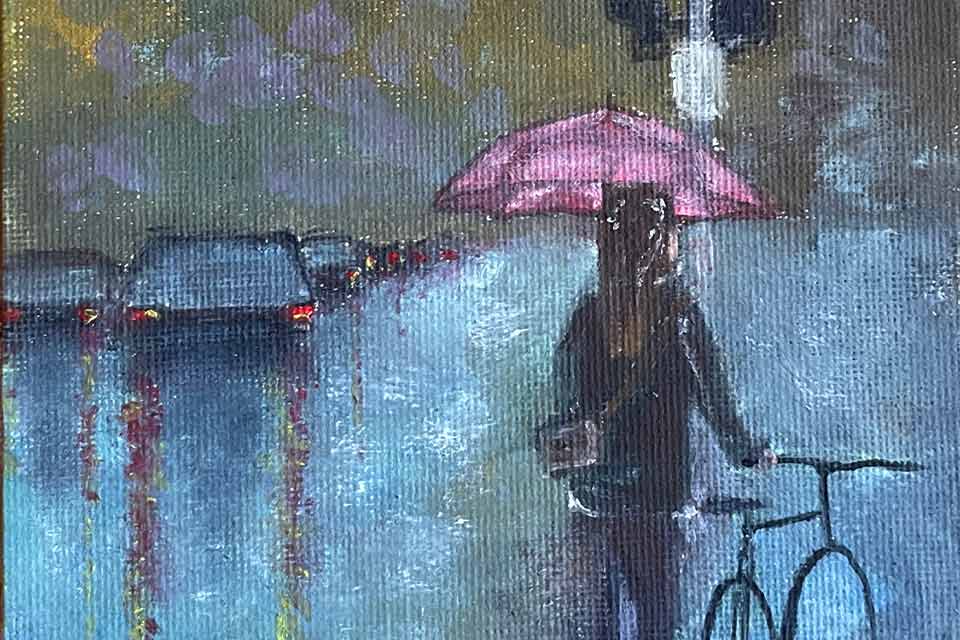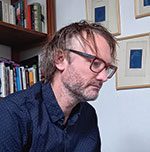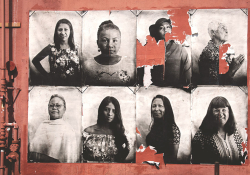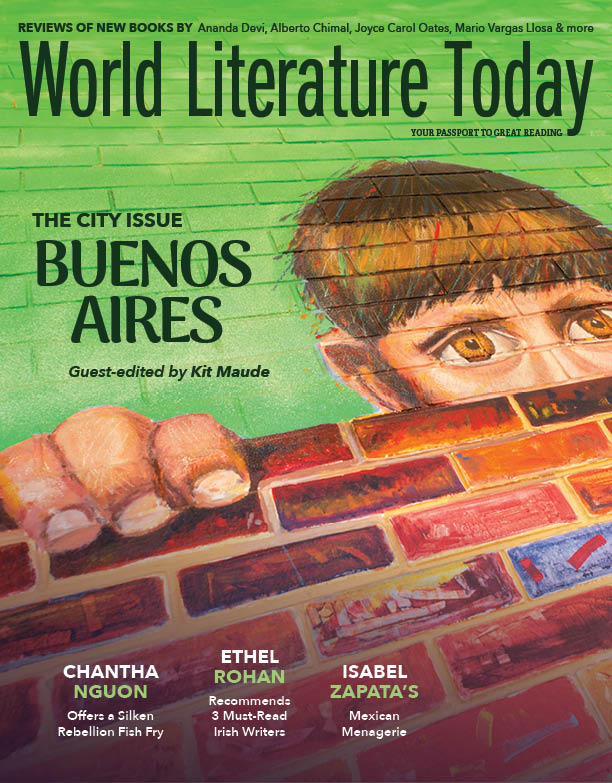Utterly Supernova’s Ride through Buenos Aires

Twenty-five degrees Celsius at midday on the winter solstice: the collected humidity of an entire continent bears mercilessly, shamelessly, extravagantly down on the poor city, which mutters worriedly under the pressure. Is this normal? What do the scientists say? The mundane queries of decent people. Things get done the way they always do but with more sweat and gasping, cheeks puffed out and sucked in, bellows stoking the fire. Gentle disorientation: it’s not obvious what season it is. Was that the guard’s whistle? Is the train about to pull out? Or is the maddening heat causing mysterious delays? It’s the humidity that gets you, a brainless mantra. The collective nods in reply, both roasted and toasted by the malevolent climate. Seasons don’t exist anymore, they declare, complain, it’s all come undone. Blame Derrida. And then comes the rain and the cold. And that’s what really gets you, they’re the worst. The gray sky one morning after another, repetition sinking into the bones to dissolve whatever joy might have been lurking there. And finally, against the still-gray backdrop, the heat and humidity return.
The last straw.
The sky-blue shadow ruptures. The newly released water crashes down on the asphalt, which immediately begins to give off a misty miasma of its own. The heat is waxy and damp (the kind that gets you), dense, almost an alchemical extract. The light cast by a sickly sun turns the streets into an eerie, medieval tableau, an anachronistic darkness, out of time, wet and suffocating, mist everywhere. Utterly Supernova pedals through the rain, half her mind taken up by swear words: she went out girded by the (erroneous) belief that the universe would do her the kindness of waiting for her to finish her journey before letting loose. The other half is occupied by complicated maneuvers, swerving around horrifying deposits left by canines with less than punctilious owners. The rain isn’t helping. The bicycle lane is half asphalt, half curb, speckled with sticky, light-brown bursts.
Utterly Supernova is fed up, the same feeling she had when she was buckling on her helmet. “The weather people never get it right.” For the first few blocks it’s only drizzling, but by the time she gets to Calle Jujuy it’s flooding down. Stop keep going what should I do go back: none of these decisions looks right. The traffic light turns green and a noise rings out. The world stops in shock. Only the rain continues to fall, bouncing off her uncomprehending body, until she realizes what has happened: a uniformed policeman has just shot a kid in the middle of Avenida Jujuy. The traffic has stopped in sheer incredulity. Hands behind his head, the kid was turning around to face him. Shot.
Self-appointed journalists film the incident on their smartphones.
Buenos Aires
Translation from the Spanish
Editorial note: This is an excerpt from Ojeda’s novel Vikinga Bonsái (Eterna Cadencia Editores, 2019). For more on Ojeda, see her conversation with Michelle Johnson in the January 2023 issue of WLT.













